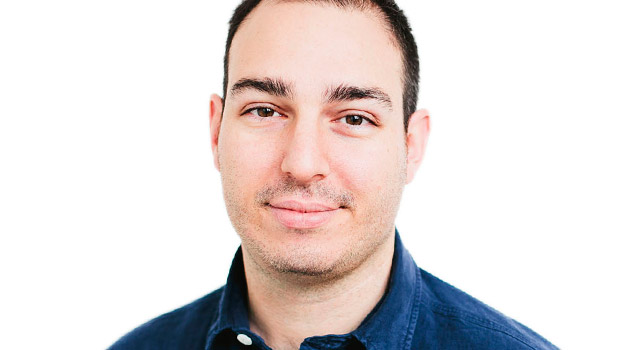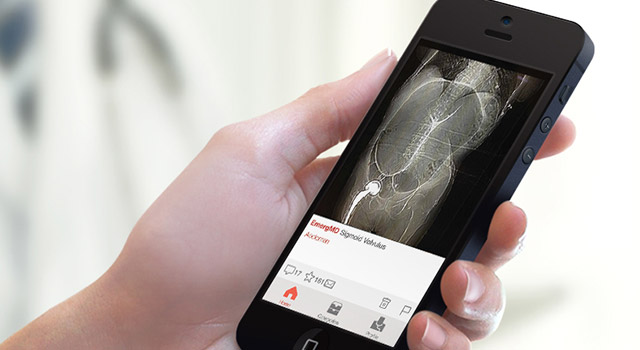
A medical application that allows healthcare professionals to share photos of patient cases and get input from their colleagues around the world has been launched in South Africa.
Figure 1 is like Instagram for doctors and is already used by more than 150 000 healthcare professionals worldwide. According to the company behind it, the app’s images are viewed more than a million times a day.
“As a practising critical care physician, I see a lot of very interesting but also complex cases,” says Figure 1 co-founder and chief medical officer Dr Joshua Landy. “I work in an intensive care unit among the sickest patients, and when I see a patient whose illness is very complex, I want to share their case with another colleague to get their thoughts or inputs.”
In medicine, there is a strong culture of sharing cases, Landy says. “It is intrinsic to the practice.”
South Africa is the seventh market in which Figure 1 has been launched and follows launches in North America, the UK, Ireland, Australia and New Zealand. It is, however, a sort of homecoming for the company as three key members of its management team have roots here. CEO and cofounder Gregory Levey and director of communications and partnerships Kelly Aizicowitz were both born in South Africa, while Landy’s father was raised in the country.
“Having a way to collect these valuable and educational assets seemed like great idea, so what I wanted to do with Figure 1 was to harness all these clinical experiences among all these healthcare professionals and make them into a resource that anybody can use and learn from, and use to help their patients,” says Landy.
The first version of Figure 1 was launched in May 2013.

The reason the company is taking a phased approach to the roll-out of its platform is to make sure the appropriate privacy rules and consent forms and policies for every region are followed. “The only way this will succeed is for people to genuinely feel that they can trust our software.”
Landy says patient privacy is a key priority. The company has worked with South African lawyers to ensure the platform complies with privacy laws. An automatic facial blocking tool recognises and blocks patients’ faces, while a draw feature allows healthcare professionals to block potentially identifying markers such as tattoos.
A South African-specific patient consent form is also built into the app.
Before a photo is made available to the Figure 1 community, it is reviewed by the privacy moderation team who check that it adheres to guidelines.
The feedback from the medical fraternity has been supportive, says Landy. “The idea that medical education ends at the end of medical school is something of an untruth. People who work and live their lives in medicine are required by their local colleges to continue their education throughout their careers.”
Over the next six months, Figure 1 intends stepping up its internationalisation efforts, including expanding into more markets in Africa.
Figure 1 is available on Android and iOS devices, but any Web-connected device can access it via its website. — © 2014 NewsCentral Media




